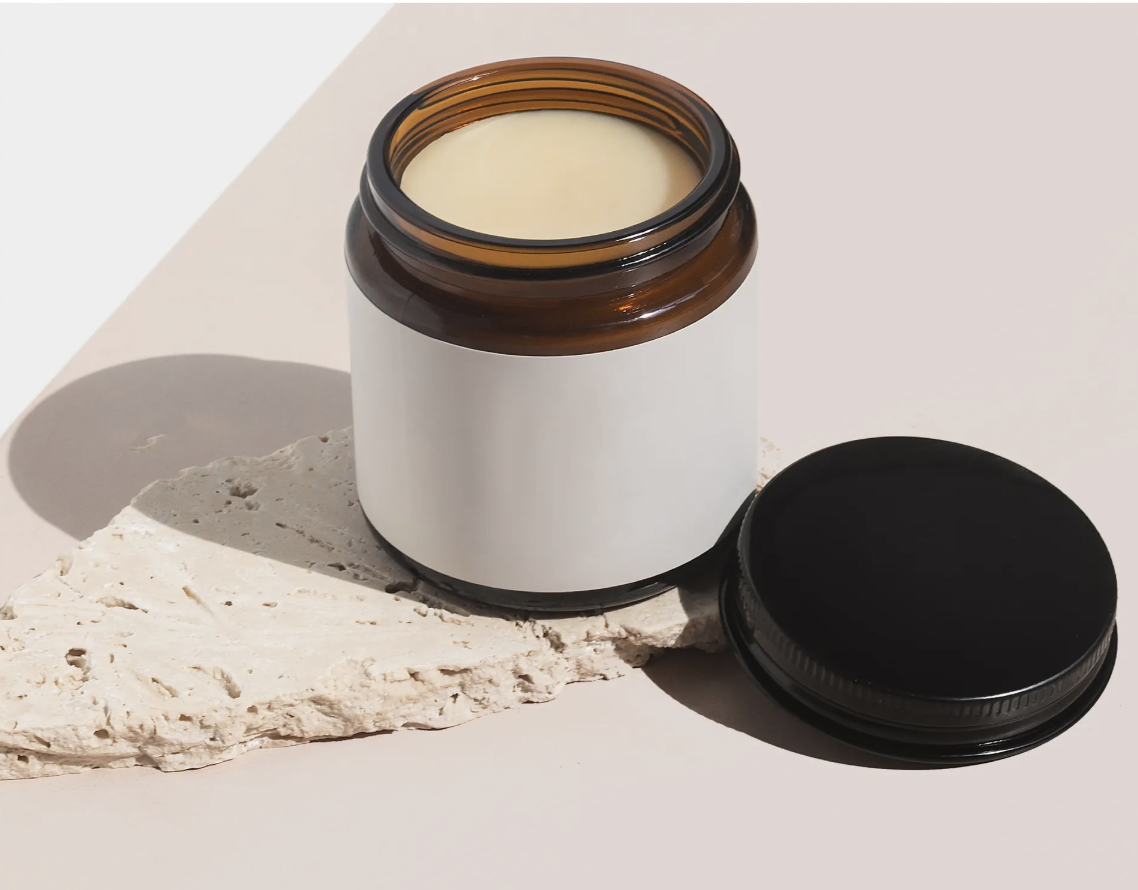Healthy Living
The Little-Known Strategy to Beat Allergy Season
If you’re one of the 60 million Americans who suffer from seasonal allergies (I’m right there with you), grab some eye drops and read on.

We’re covering how to beat allergy season by getting ahead of symptoms before they start, rather than waiting until the sneezing, wheezing, and itching (So. Much. Itching.) kick in.
Why Do We Get Allergies?
Here’s the mini-med school on allergic rhinitis:
When allergens such as pollen, ragweed, or dander enter the body and come into contact with our mucus membranes (eyes, nose, and throat), mast cells release histamine.
Histamine means well. Its job is to increase blood vessel permeability and trigger inflammation, which helps your body get rid of those allergens. But this chemical also causes the symptoms you’re all too familiar with:
- Sneezing
- Runny or stuffy nose
- Itchy eyes, nose, or throat
- Watery eyes
- Swelling in nasal passages or skin
That’s where antihistamines come in. These over-the-counter medications (Claritin, Zyrtec) block histamine receptors to reduce those pesky side effects, but they’re typically taken once the symptoms are already in full swing.
But why wait for the misery of seasonal allergies?
Quick Note on Antihistamines: Antihistamines are also known to be a common obesogenic medication. This means that while they can help allergy symptoms, they can also cause weight gain. Not saying forego them completely, just be aware.
Tackle Allergies At Their Source
Nasal steroid sprays like Nasacort or Flonase tackle allergies at their source by suppressing the immune cells (mast cells and eosinophils) that release histamine.
The result is less swelling and mucus production, which in turn, eases congestion, sneezing, and runny nose.
And when used consistently, these sprays can actually prevent inflammation from building up over time, making them effective for long-term allergy control, especially during allergy season.
So ideally, you should start the steroid nasal spray 1-2 weeks before pollen counts soar (and your tissue consumption starts reaching deforestation levels).
But medication isn’t your only defense. There are behavioral modifications that can make allergy season much more manageable too!
1. Time Your Outdoor Exposure Wisely
Pollen peaks in the early morning (5–10 a.m.) and on dry, windy days. Limit outdoor activities during these times or wear sunglasses and a mask (such as an N95) when venturing out.
Unsure of the daily pollen forecast? The American Academy of Allergy, Asthma & Immunology (AAAAI) can help you check pollen levels so you can plan activities accordingly.
2. Shower and Change Clothes After Being Outdoors (And Before Bed!)
Pollen clings to your skin, hair, and clothes. Showering and changing after being outside significantly reduces how much pollen you bring indoors—and this is especially important before bedtime.
Why? Even brief outdoor trips collect pollen in your hair. Once you lie down on your pillowcase, you’re essentially spreading pollen all over, creating non-stop allergen exposure.
Always shower before bed during allergy season! I cannot recommend this enough!
3. HEPA Filters and Ventilation
Time to whip out the air purifiers. High-efficiency particulate air (HEPA) filters in vacuum cleaners and air purifiers can significantly reduce indoor allergens.
These devices can help with your sleep, too. A study found that purifier filters increased total time in bed for an average of 19 minutes per night relative to the placebo (Lamport et al., 2022).
4. Nasal Irrigation
Rinsing nasal passages with a saline solution can be a game-changer for allergy sufferers. A 2012 meta-analysis in the American Journal of Rhinology & Allergy found that rinsing nasal passages with salt water for up to seven weeks can result in:
- 62% reduction in allergy medication use
- 31% faster mucus clearance
- 28% improvement in nasal symptoms
The best part? It’s well-tolerated, cheap, easy to use, and doesn’t have any concerning side effects.
5. Diet and Probiotics
The science on this one is still developing, but emerging research suggests that your gut health may influence your allergic reactions.
A 2022 review in the Journal of Asthma and Allergy found that specific probiotics (such as Lactobacillus paracasei) could reduce the severity of allergy symptoms.


